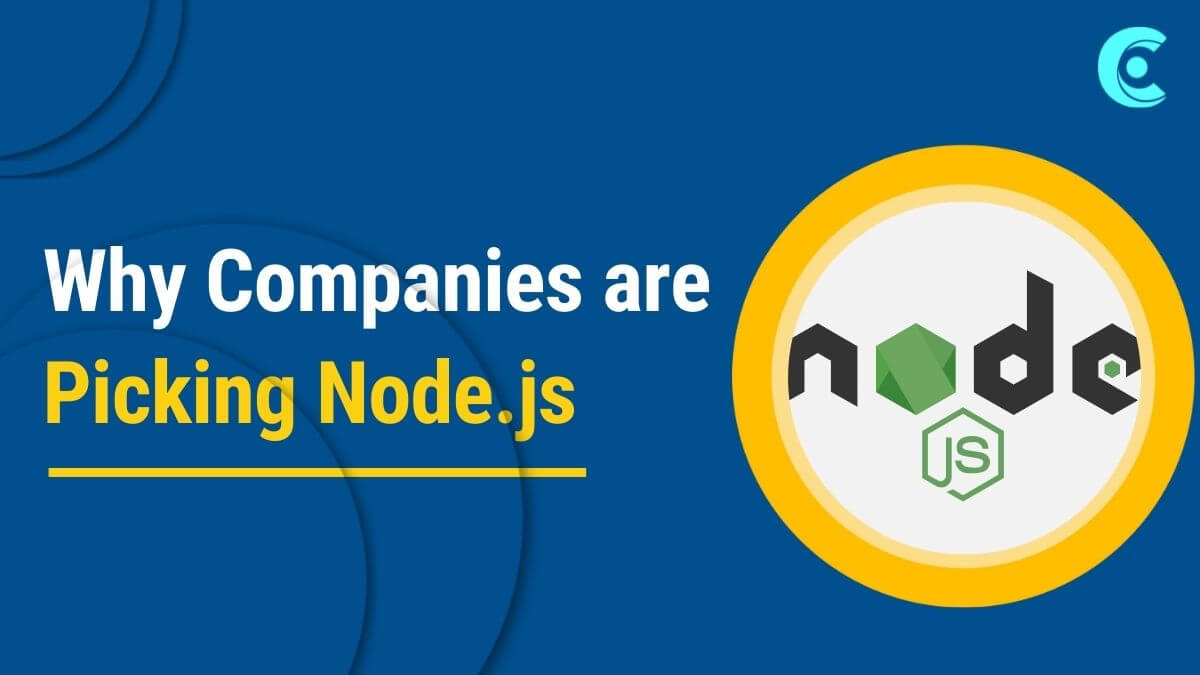What makes Node.js so popular among developers and companies

There has been a lot of buzz lately about Node.js, and it’s no wonder – although Node.js has been around for the past 13 years, it seems as though it has been around for a very long time because it is still widely used by developers and startups. The demand for web apps is high in 2022 as well. So let’s examine the reasons developers and businesses favor Node.js.
Node.js is a runtime environment that lets us create server-side scripts and command-line tools based on the V8 engine of Google Chrome. Neither is a framework nor a library. JavaScript, previously reserved for front-end development, can now be used on the backend thanks to Node.js. Each request is handled on a single thread through Node.js. Through it, it can access databases or the file system, perform network activities, and handle multiple connections simultaneously. A node never waits for resources between requests; instead, it sets up a callback and is ready for the next one right away.
Under the hood, Node.js depends on a variety of dependencies to provide a range of functionalities. zlib, V8, libuv, llhttp, c-ares, and openssl. The JavaScript engine, or V8, is responsible for parsing and running JavaScript code. The javascript engine is also browser-independent. libuv is a C library that is used to abstract non-blocking I/O operations. It manages file systems, networks, streaming, etc. A lightweight TypeScript and C library called llhttp is used to parse HTTP. c-ares is a C library for asynchronous DNS requests. Modules for tls and cryptography frequently use OpenSSL. It offers tested implementations of numerous cryptographic operations that the contemporary web depends on for security. Zlib is used by Node.js to build sync, async, and streaming compression and decompression APIs.
Node.js comes with built-in libraries like fs, os, HTTP, HTTPS, crypto, etc. that may be used to establish servers, access file systems, access cryptographic functions, and much more. Along with a large selection of libraries in the npm registry and built-in modules, it also has a vibrant community and makes life easier for many developers. Due to its compatibility with Windows, macOS, and Linux, Node.js is cross-platform. Many users might use Windows or Mac OS while deploying to Linux servers. Due to widespread support among hosting providers, deployment is also simpler.
What are the factors that lead developers and businesses to choose Node.js?
